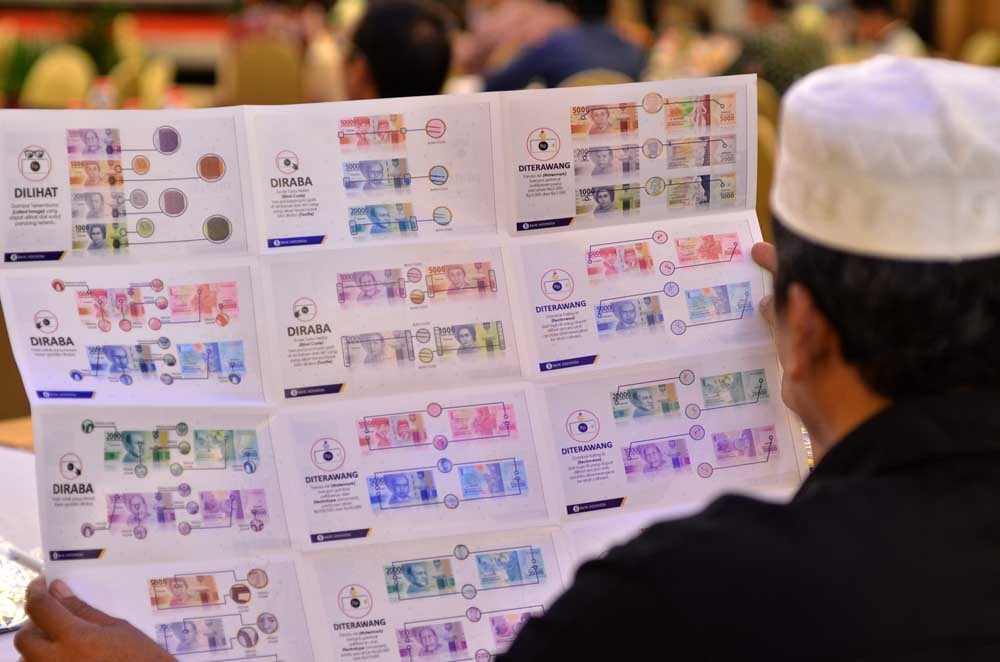Popular Reads
Top Results
Can't find what you're looking for?
View all search resultsPopular Reads
Top Results
Can't find what you're looking for?
View all search resultsIndonesia facing decreased macroeconomic volatility
The currency’s volatility fell from 18 percent in 2015, to 8 percent in 2016, and to around 2 percent this year, according to statistics compiled by private lender Bank Danamon.
Change text size
Gift Premium Articles
to Anyone
I
t is often said that central bankers, just like secret operatives in the 007 or Mission: Impossible movies, have to settle for their role as unsung heroes.
When a crisis strikes, they receive much of the blame for their failure to prevent the calamity. However when their heroic actions keep the ship safe and steady, very few people would recognize their names and achievements.
That pretty much sums up the current circumstance of Bank Indonesia (BI), which has pretty much been in the shadow of the financial system stability that has accompanied President Joko “Jokowi” Widodo’s economic expansion program.
When Jokowi took office in October 2014, he was warned that his overly ambitious industrial and infrastructure agenda might predispose the economy to overheating risks that could threaten the domestic financial system stability.
The President at that time inherited a nation that had just been included in the “Fragile Five” list of economies most vulnerable to capital outflows, with current-account deficit soaring to highest level in years.
Yet nowadays, signs of fragility in the Indonesian financial system can hardly be traced. The interest rate hikes in the US that have shaken currencies of several emerging markets did very little to shudder the rupiah.
Thanks to BI’s new regulations, especially those obliging businesses to hedge their foreign debts and to limit dollar transactions onshore, the rupiah has become more stable.


















